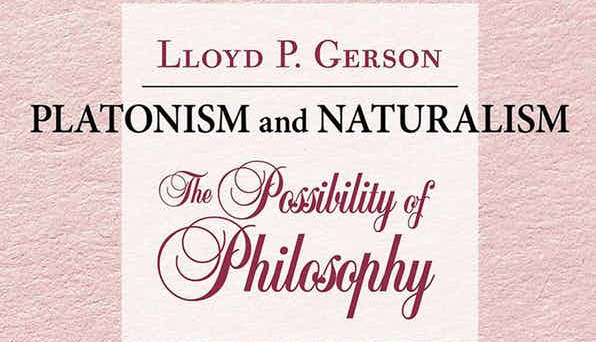In Christ “all things hold together,” says Paul (Col 1:17). In other words, God “upholds the universe by the word of his power” (Heb 1:3). More specifically, “In him we live and move and have our being” (Acts 17:28).
[Read more…] about “In him we live and move and have our being”



